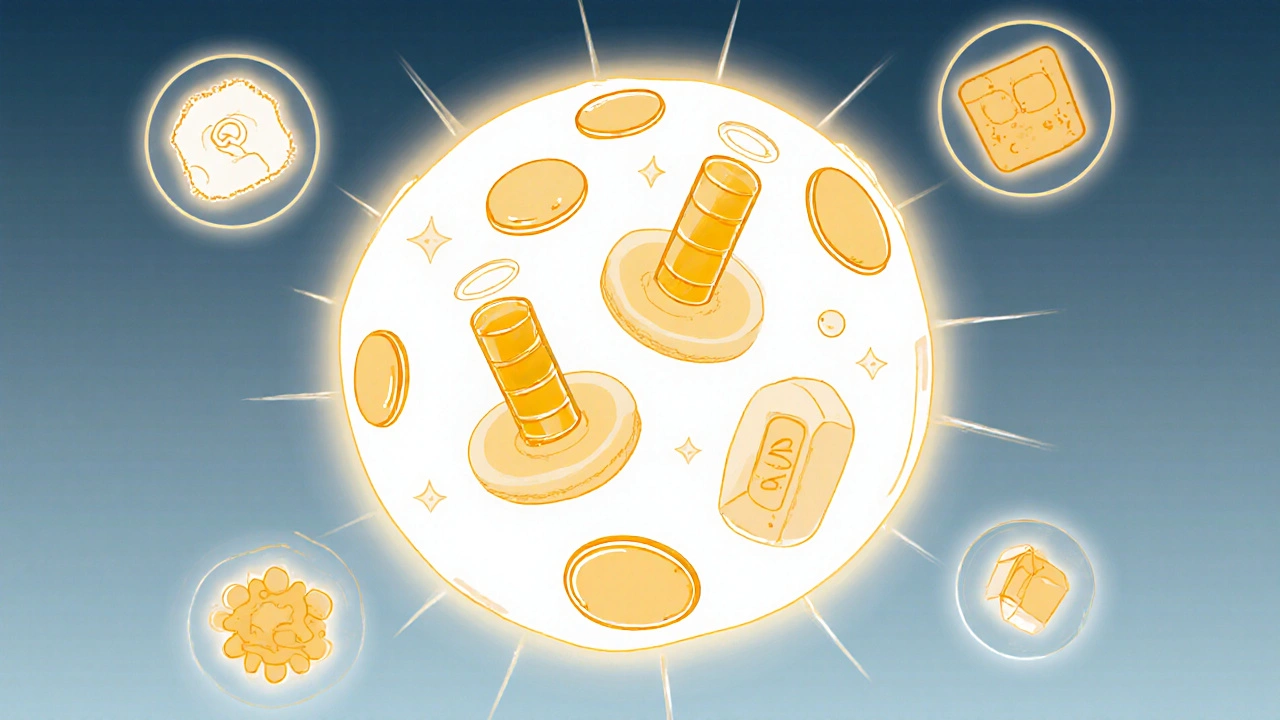Idebenone Alternatives: Effective Options for Energy and Cellular Support
When you're seeking Idebenone, a synthetic antioxidant used to support mitochondrial function and reduce oxidative stress. Also known as dehydrocoenzyme Q10, it's often chosen for its ability to boost cellular energy, especially in conditions like mitochondrial disorders or neurodegenerative concerns. But Idebenone isn’t the only player. Many people turn to alternatives that offer similar or even better results—without the cost or limited availability.
One of the most well-researched alternatives is CoQ10, a naturally occurring compound in the body that powers mitochondria and acts as a powerful antioxidant. Unlike Idebenone, your body makes CoQ10 on its own—until aging, statin use, or illness depletes it. Studies show it helps with fatigue, heart health, and even migraine frequency. Then there’s ubiquinol, the active, reduced form of CoQ10 that’s easier for older adults or those with absorption issues to use. It doesn’t need conversion in the body, making it faster and more effective for many. Another rising option is MitoQ, a modified version of CoQ10 designed to target mitochondria directly. It’s been tested in clinical trials for Parkinson’s, liver health, and aging—and shows strong results in reducing cellular damage.
These aren’t just supplements. They’re tools your cells use every day to fight off damage from free radicals, produce energy, and stay resilient. If you’re taking Idebenone for brain fog, low energy, or muscle weakness, chances are one of these alternatives could work just as well—or better. You might even find you feel more balanced with ubiquinol than with Idebenone, or that MitoQ gives you clearer focus without the side effects. The key is matching the compound to your body’s needs, not just following what’s trendy.
Below, you’ll find detailed comparisons of these and other options—what works, what doesn’t, and who benefits most. No fluff. Just clear, practical info based on real studies and user experiences.

